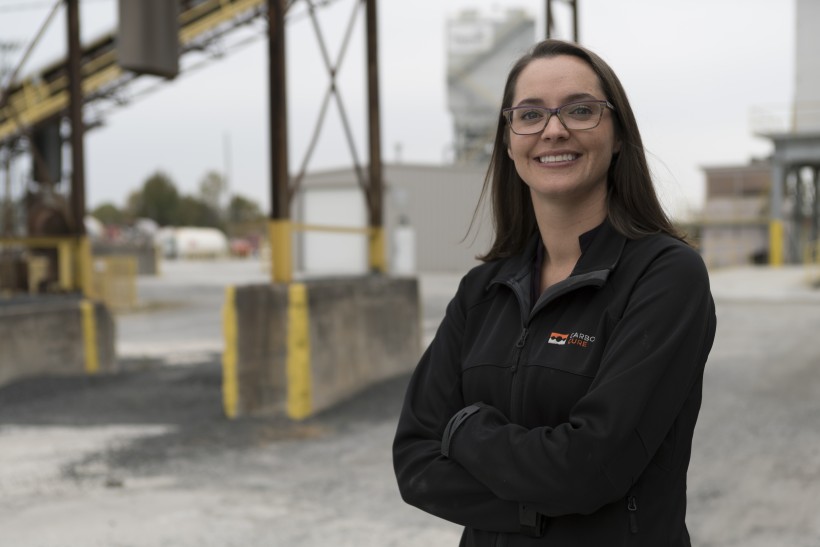CarbonCure Technologies' Jennifer Wagner has been named to the Clean50, which each year recognizes 50 Canadians who have made outstanding contributions to clean capitalism.
As Executive Vice-President of Corporate Development at Dartmouth-based CarbonCure, Wagner has helped shepherd the company through 10 years of growth, roughly doubling sales of its clean technology each year. Worldwide, there are currently more than 100,000 concrete plants in operation and CarbonCure’s product is used in over 150 of them.
Last year, Wagner was the only Canadian chosen as a Climate Trailblazer participant in the 2018 Global Climate Action Summit in San Francisco. This year, she attended the Clean50 summit in Toronto, where she engaged with other Canadian nominees in workshops and seminars.
She said highlights of these sessions included time spent with Linda Swords, who leads a project making the town of Eden Mills, Ont., carbon neutral, and a duo from Raven Indigenous Capital Partners who focus on renewable energy projects in Indigenous communities.
The goal of the Clean50 summit is to bring together clean leaders from across the economy to help launch a collaborative assault on the environmental problems facing Canada.
"When you look around, everyone is working on the same goal: reducing carbon emissions,” said Wagner. “It felt like we were all in this together."
Wagner has now been with CarbonCure for a decade, during which time the company’s technology has prevented more than 50,000 tonnes of carbon dioxide being emitted. CarbonCure's eventual goal is to reduce carbon emissions by more than 500 million tonnes per year. That figure would represent a roughly 23 percent CO2 reduction in an industry responsible for 6 to 8 percent of all global CO2 emissions.
CarbonCure sequesters CO2 into concrete with a process called carbon mineralization, a sub-branch of carbon utilization. Recycled CO2 is injected into wet cement and reacts with calcium ions within the mix to create a hard calcium carbonate, strengthening concrete. Calcium carbonate is already a key ingredient of cement, usually derived from grinding and superheating limestone in a process that creates greenhouse gases.
CarbonCure's signature microwave-sized product is a one-day installation and reduces the carbon footprint of concrete by 5 to 10 percent.
"The key to our success so far has been how easy it has been for producers to adopt our technology,” said Wagner.
The company has now proven its technology and feels less need to educate industry insiders. Wagner believes that CarbonCure has reached a tipping point in industry adoption. About 80 percent of its customers are now located in the U.S., with almost all the rest in Canada and a few in Singapore.
CarbonCure currently employs 36 people, based mostly in Dartmouth, and is looking to leverage international partners within the cement and concrete industry in order to grow internationally.
"Every yard of concrete that gets poured without CarbonCure is a missed opportunity to reduce carbon emissions," Wagner said.










